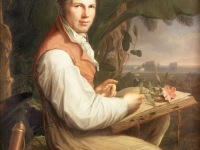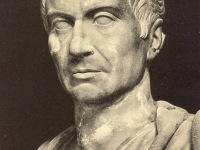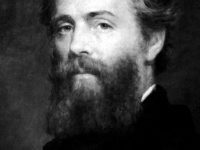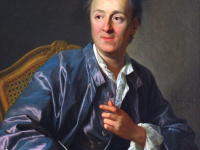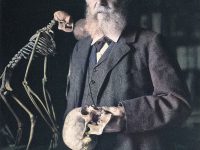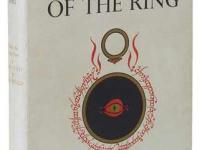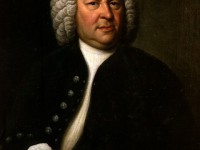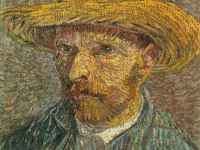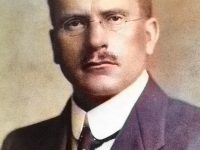On the Road with Alexander von Humboldt
On August 3, 1804 geographer, naturalist, and explorer Alexander von Humboldt returned home from his great South America scientific discovery journey. “I am more and more convinced that our happiness or unhappiness depends more on the way we meet the events of life than on the nature of those events themselves”. – Alexander von Humboldt Aimé Bonpland and Daniel Kehlmann Actually, Humboldt did not make this journey all alone. He had a…
Read more

